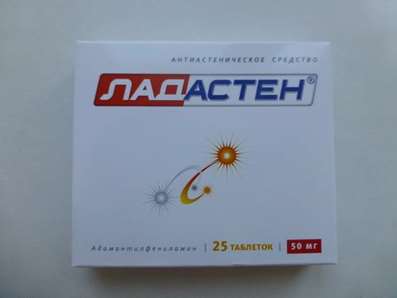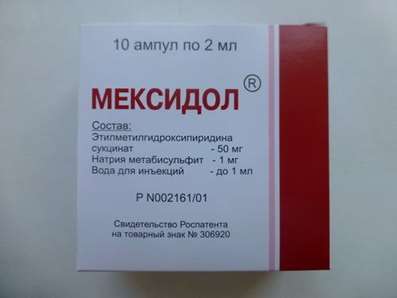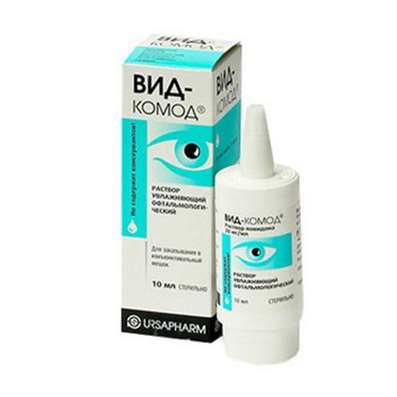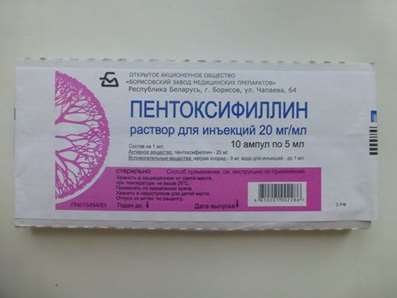Instruction for use: Immune globulin human antirhesus Rho[D]
I want this, give me price
Trade name of the drug – BayRho-D, HyperRHO SD, Immunoglobulin anirhesus Rh0 (D) human, Immunorho Kedrion, KamRho, Partobulin SDF, Rhesogam N, Rhesonativ
The Latin name of the substance Immune globulin human antirhesus Rho[D]
Immune globulin human antirhesus Rho[D] (genus. )
Pharmacological group of substances Immune globulin human antirhesus Rho[D]:
Immunoglobulins
Model clinical-pharmacological article 1
Characteristic. Immunologically active protein fraction isolated from human plasma or donor sera tested for the absence of antibodies to HIV (HIV-1, HIV-2), hepatitis C virus and hepatitis B surface antigen. The active component of the drug is IgG containing incomplete anti-Rho (D) -antibodies.
Pharmacotherapy. Prevents the isoimmunization of Rho (D) -negative mother exposed to Rho (D) -positive fetal blood at the birth of the Rh0 (D) -positive child, with abortion (both spontaneous and artificial), in case of amniocentesis or in trauma Abdominal cavity during pregnancy. Reduces the frequency of the mother's rhizisoimmunization with the administration of the drug within 48-72 hours after the birth of a fully endured Rho (D) -positive child Rho (D) -negative mother.
Pharmacokinetics. Cmax antibodies in the blood are reached after 24 hours. The half-life of the human immunoglobulin antiresus Rho (D) is 23-26 days. T1 / 2 antibodies from the body - 4-5 weeks.
Indication. Prevention of Rhesus Conflict in Rh-negative women not sensitized to the Rho (D) antigen (ie, those who did not develop Rh antibodies) under the condition of the first pregnancy and the birth of a Rh-positive child whose blood is compatible with the blood of the mother by the blood groups of the system ABO; With artificial termination of pregnancy in Rh-negative women, also not sensitized to Rho (D) -antigen, in the case of Rh-positive blood belonging to the husband.
Contraindications. Hypersensitivity, Rh-negative puerperas sensitized to Rh0 (D) antigen, in the serum of which Rh-antibodies are detected; Newborns.
Dosing. Before the beginning of the introduction, the ampoule with the drug is kept for 2 hours at room temperature (18-22 ° C). To prevent the formation of foam, the drug is drawn into the syringe with a needle with a wide lumen. The drug in the opened vial is not subject to storage. You cannot enter IO.
IM, 1 dose, once: the puerperium - during the first 48-72 h after delivery, with the artificial termination of pregnancy - immediately after the end of the operation. One dose is 300 μg at a titer of 1: 2000 or 600 μg at a titer of 1: 1000.
The need for a certain dose in the case of the passage of the full term of pregnancy can be different depending on the volume of fetal blood that has got into the mother's bloodstream. One dose (300 μg) contains a sufficient number of antibodies to prevent sensitization to the Rh factor, if the volume of erythrocytes in the bloodstream does not exceed 15 ml. In cases where a large amount of fetal erythrocytes is expected to enter the bloodstream of the mother (more than 30 ml of whole blood or more than 15 ml of erythrocytes), the fetal erythrocytes should be counted using an approved laboratory procedure (for example, the modified acid washing-staining method according to Kleihauer and Bethke ) To set the desired Ig dosage. The calculated volume of fetal erythrocytes caught in the bloodstream of the mother is divided into 15 ml and the number of doses of the preparation is obtained, which must be entered. If, as a result of calculating the dose, a fraction is obtained, the number of doses should be rounded up to the next whole number upwards (for example, when receiving the result 1.4, 2 doses (600 μg) of the drug should be administered).
For prevention during the prenatal period, 1 dose of the drug (300 μg) should be administered approximately at the 28th week of gestation. Then it is necessary to introduce another 1 dose (300 μg), preferably within 48-72 hours after birth, if the child is born to be Rh-positive.
In case of continuation of pregnancy after occurrence of threat of an abortion at any term of pregnancy it is necessary to enter 1 more dose (300 mkg) of a preparation. If a mother is expected to enter the bloodstream of more than 15 ml of fetal erythrocytes, the dose should be changed as described in the above.
After spontaneous abortion, artificial abortion or interruption of ectopic pregnancy at a gestation period of more than 13 weeks, it is recommended to administer 1 dose (300 μg) of the drug (or more if a mother gets more than 15 ml of fetal erytrocyte into the bloodstream) If pregnancy is interrupted for less than 13 weeks , A single dose of a mini-dose (approximately 50 μg) is possible.
After the amniocentesis, either on the 15-18 weeks of pregnancy, or during the III trimester of pregnancy, or if you are injured in the abdominal cavity during the second or third trimester, it is recommended to administer 1 dose (300 μg) of the drug (or more if suspected of getting into Blood flow of the mother over 15 ml of fetal erythrocytes). If a trauma of the abdominal cavity organs, amniocentesis or other unfavorable circumstance requires the drug administration at the term of 13-18 weeks of pregnancy, one more dose (300 micrograms) should be administered at the term of 26-28 weeks. To maintain protection throughout pregnancy, the level of passively received antibodies to Rho (D) should not fall below the level necessary to prevent an immune response to the Rh-positive red blood cells of the fetus. In any case, the dose of the drug should be administered within 48-72 hours after delivery - if the child is Rh-positive. If childbirth occurs within 3 weeks after receiving the last dose, the postpartum dose can be canceled (except in cases where over 15 ml of fetal erythrocytes have entered the bloodstream of the mother).
Side effect. Hyperemia and hyperthermia to 37.5 ° C (within the first 24 hours after the administration), dyspepsia; Rarely (with hypersensitivity, including with IgA deficiency) - allergic reactions (up to anaphylactic shock).
Interaction. It is possible to combine with other drugs (including antibiotics).
Special instructions. In children born from women who received Ig antrezus Rho (D) before birth, at birth it is possible to obtain poorly positive results of direct tests for the presence of an antiglobulin. In the mother's blood serum, antibodies to Rho (D) obtained passively can be detected if antibody screening tests are performed after prenatal or postnatal administration of human Ig to Rho (D).
Immunization of women with live vaccines should be carried out no earlier than 3 months after the administration of Ig antiresus.
Not suitable for use in vials and syringes with broken integrity or marking, with a change in physical properties (discoloration, cloudiness of solution, the presence of non-flocculating flakes), expired, with improper storage.
If it is determined that the father of Rho (D) is negative, it is not necessary to administer the drug.
After administration of the drug, patients should be monitored for 30 minutes. Medical offices should have the means of anti-shock therapy. With the development of anaphylactoid reactions, antihistamines, glucocorticosteroids and alpha-adrenomimetics are used.
The drug is not injected Rh-positive puerperas.

 Cart
Cart





